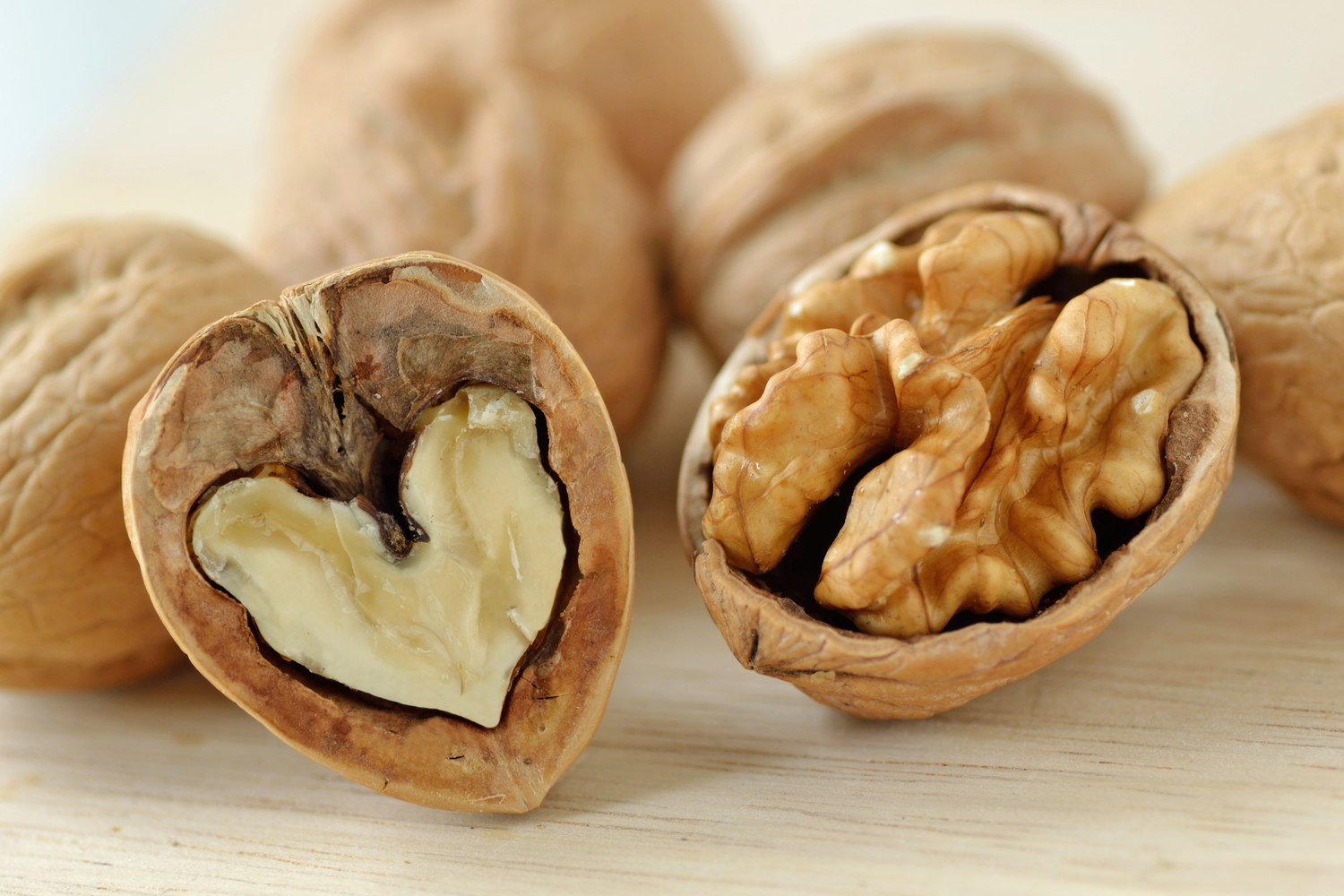
What to Eat to Manage Depression
Depression is a serious medical condition that can affect how one thinks and acts in a negative way. The early signs of depression are constant sadness, lack of interest in activities that one once enjoyed, lack of energy, trouble sleeping, and a change in appetite. Here are a list of foods that one can incorporate into their diet to help ease these early signs of depression:
1. Leafy green vegetables
Vegetables, specifically the darker green vegetables, are great for helping improve your mood and ease depression. There are many nutrients in vegetables that help stabilize mood including folate and fiber. Folate is a B-9 vitamin that helps the body create red blood cells. These blood cells help regulate the production of serotonin. The primary function of serotonin is to pass messages between nerve cells and manage various functions within the brain. By regulating the production of serotonin many things can be held steady including your mood. Fiber also helps with proper gut health by lowering potential inflammation within the gut. The neurotransmitters that are connected between one’s brain and gut then can concentrate on reducing symptoms of depression rather than work to reduce inflammation within the gut.
2. Fermented foods
Foods that are fermented such as cider, kimchi, and sauerkraut, can help ease signs of depression. These foods contain bacteria and yeasts called probiotics, which help digestive health. There are many nerves/neurons that run between your gut and your brain. By making sure that you have proper gut health these nerves that are connected to the brain can help brain health.
3. Fatty fish
Fish contains fatty acids and omega-3s. These fatty acids and omega-3s help the body with energy storage and can positively affect the brain. Energy storage can help maintain energy levels, and omega-3s can help with mental health. Many omega-3s can travel through the brain’s cell membrane and positively affect molecules related to one’s mood within the brain.
4. Flaxseed
Flaxseed is commonly used to help digestive health, and as previously mentioned good digestive health can lead to better mental health. They also provide the body with omega-3s which has also been previously mentioned to positively affect the brain by traveling through the brain’s cell membrane to positively affect molecules related to one’s mood.
5. Walnuts
Walnuts contain many good and essential fats that the body needs for proper health. These include monounsaturated and polyunsaturated fats, and that provide the body with omega-3s. They also contain biotin, manganese, vitamin E, and b6 vitamins. Biotin helps the body by maintaining blood sugar levels, which can affect one’s energy levels and mood. Manganese helps the body form connective tissue, bones, and stabilize hormones. Vitamin E helps the body by providing it with essential fats that protect cells from damage. B6 vitamins help the body turn food to energy which is vital in maintaining constant energy levels.


